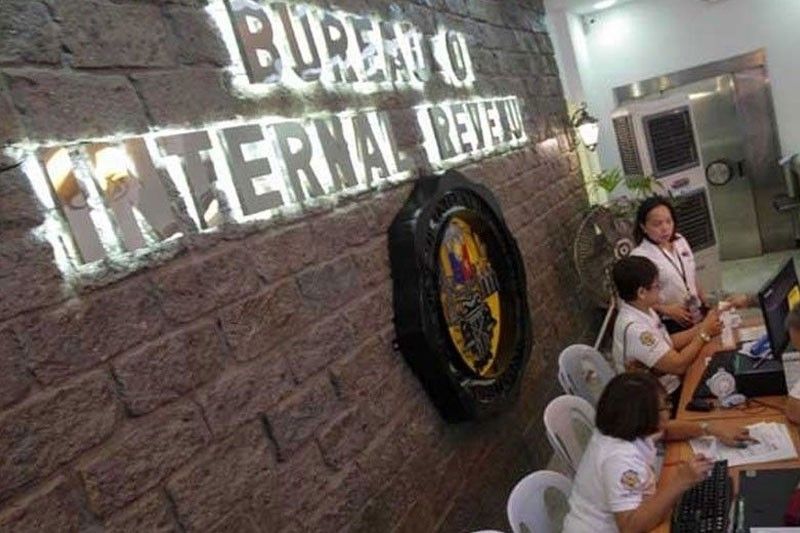The Philippine Exporters Confederation Inc., meanwhile, said it is still waiting for an official statement from the Department of Finance and BIR on the deferment. The STAR / Krizjohn Rosales, File photo
MANILA — President Marcos cannot avail himself of the tax amnesty program of the Bureau of Internal Revenue (BIR) for his family’s alleged P203 billion in unpaid estate taxes.
This was the assurance given by BIR Assistant Commissioner Ma. Luisa Belen during yesterday’s hearing of the House committee on ways and means, chaired by Albay Rep. Joey Salceda, on House Bill (HB) 7409, which seeks to extend the June 14 deadline of the estate tax amnesty.
Upon questioning by House Deputy Minority leader France Castro of ACT Teacher partylist, Belen said there is an “exception” in Republic Act 11213, or the Tax Amnesty Act, and the President is covered by it.
Belen was referring to Sec. 9 (a) of the law, which stipulates that the tax amnesty “shall not extend to estate tax cases which shall have become final and executory and to properties involved in cases pending in appropriate courts … falling under the jurisdiction of the Presidential Commission on Good Government (PCGG).”
But Castro noted Marcos should set an “example and pay (their tax) delinquencies as soon as possible.”
“The Marcos administration has no moral authority to compel delinquent taxpayers to pay their taxes when the President himself and his family have billions owed to the Filipino people,” she added.
In 1997, the Supreme Court ruled with finality that the Marcos family owed the government P23 billion in estate taxes but this has ballooned to P203 billion due to penalties and surcharges.
Approved
The committee, “subject to style,” approved HB 7409, principally authored by Speaker Martin Romualdez, which proposes to amend RA 11213 by extending the June 14 deadline for the estate tax amnesty.
The bill’s explanatory note cited the COVID-19 pandemic, which “precipitated severe contractions in economic activity and caused job losses and closed businesses.”
Because of this, “many of the taxpayers failed to comply with the requirements to avail of the tax amnesty due to limited movement and resources.”
The bill proposes that the “availment period of the estate tax amnesty” be extended for another two years or from June 15, 2023 to June 14, 2025.
House Deputy Speaker Ralph Recto said HB 7409 needs to be prioritized by the administration to augment funds in government coffers and help people save money as well.
“People will save billions while government will earn billions by simply moving the June 14, 2023 deadline to June 14, 2025. A one-sentence letter from the President supporting a one-line bill will make this a reality,” Recto said.
Donor’s tax
The committee also approved a motion within the bill that would exempt heirs from paying donor’s tax if the property donated by their parents is worth P1 million and below.
“We should let the living, as they know their children, to make decisions,” said Salceda, chairman of the House ways and means committee.
Salceda, who initiated the provision, approved the motion of Nueva Ecija Rep. Ria Vergara which, if approved by the Senate and signed into law by President Marcos, will exempt heirs from paying the flat fixed rate of six percent, if the estate is worth a million.
“Instead of us passing estate tax amnesty laws, my suggestion is such an exemption, so the parents can donate to their children before their time and these children won’t have to pay the donor’s tax anymore,” he said, in effect unburdening the heirs of tax payments. — Delon Porcalla

